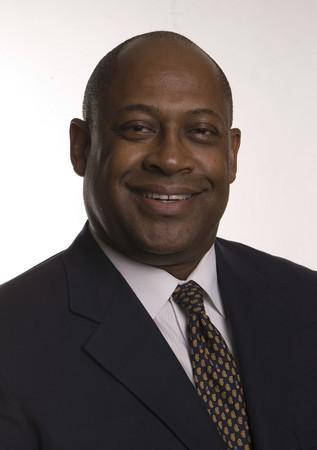Lawmaker is miffed about loan bill’s veto

CARSON CITY — Assembly Ways and Means Chairman Morse Arberry said Wednesday he is stunned by Gov. Jim Gibbons’ veto of his bill to fund low-interest loans for small- business owners.
“This was a mechanism to stimulate the economy,” said Arberry, D-Las Vegas. “We can’t sit back and wait for the economy to recover or we will be sinking in quicksand.”
Gibbons on Tuesday vetoed Arberry’s Assembly Bill 45, under which state Treasurer Kate Marshall would have invested $20 million in state funds in banks, credit unions or savings and loan associations that agreed to make loans of up to $500,000 to qualified businesses with fewer than 50 employees.
A preference would have been given to businesses owned by women, minorities, veterans or those constructing renewable energy projects.
Marshall also was disturbed by the veto, saying the bill was developed with the input and backing of the Nevada Bankers Association. She added the bill was modeled on laws in other states.
Washington state has a similar law that last year resulted in $61 million in loans being granted to small businesses, Marshall said. They hired 1,500 people and added $87 million to the tax base.
“Sometimes you have to spend a penny and you get back a buck,” Marshall said. “These programs have been very, very successful. I don’t believe the governor understood the bill.”
She added that neither Gibbons or his staff spoke with her before issuing the veto.
Under terms of the vetoed bill, the state would have received interest on its investments that was 2 percentage points below the market rate, and lenders would have made reduced rate loans to qualified businesses.
The bill said the lender would use “all the usual lending standards” before granting loans.
Gibbons said he vetoed the bill because “the treasurer has always been a fiduciary of the state and is required to invest taxpayer dollars in a way that maximizes the safety and return on state investments.”
He called what Marshall was being asked to do “de facto social investing at the expense of ignoring fiduciary obligations.”
Marshall contended there was no “social investing” in the bill because banks would follow their usual steps in determining whether applicants qualified for a loan.
The interest rate loss of 2 percentage points to the state would have been made up by taxes paid by the additional employees who would have found jobs if the bill had become law, she said.
Arberry said some businesses need only $50,000 or $60,000 to expand, and they cannot get the money now, even if they are qualified.
“Banks aren’t making loans,” he said. “This is a problem all over the country. We came up with a plan to get Nevadans back to work and not to have to wait on the federal government.”
Arberry, who is prevented by term limits from seeking re-election after a 26-year legislative career, added Marshall “wouldn’t do anything to put the state at risk.”
“This was a way to give small businesses hope. Banks got all this federal stimulus money, and they aren’t giving it to anyone. We can’t wait four or five years for the economy to recover or we all will sink.”
Contact reporter Ed Vogel at evogel @reviewjournal.com or 775-687-3901.